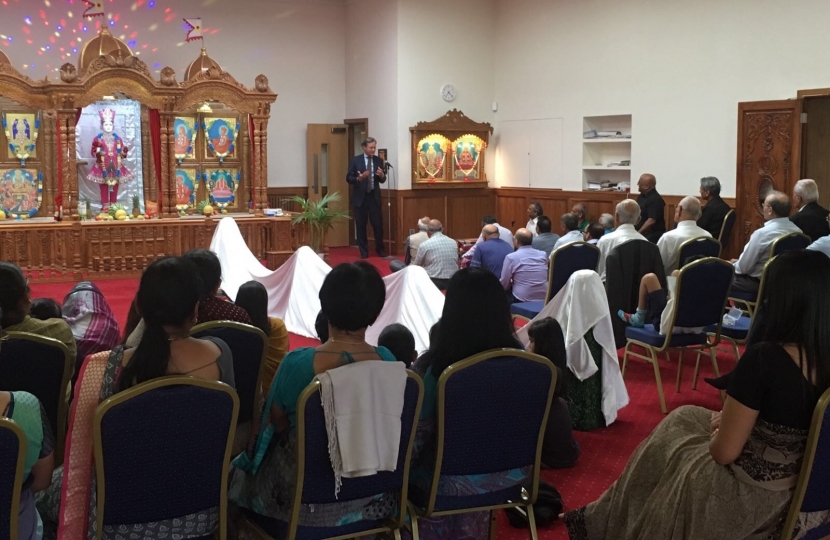
Matthew has spoken of his opposition to the imposition of 'caste' discrimination legislation brought in by the former Labour Government.
Caste discrimination is not expressly prohibited under UK equality legislation, although section 9 of the Equality Act 2010, brought in by the former Labour Government, required the introduction of secondary legislation to make caste an aspect of race, thereby making caste discrimination a form of race discrimination.
Labour and Liberal Democrats in the House of Lords amended The Enterprise and Regulatory Reform Act 2013 to change Section 9(5) of the Equality Act 2010 to provide that the Government “must by order ... provide for caste to be an aspect of race”.
The current Conservative Government reviewed its position on the need to introduce legislation following the Employment Appeal Tribunal’s decision in Chandhok & Anor v Tirkey (2014). In that case the Employment Appeal Tribunal noted that caste discrimination is capable of being unlawful under current law, provided that the circumstances of the case fall within the existing prohibition of race discrimination.
The Government has published a consultation document which forces respondents to make a choice between retention of the case law and implementation of the section 9(5) duty to make caste an aspect of race and this is opposed by many people in the Asian community including the Anti Caste Legislation Committee’s (ACLC).
Matthew said: "This legislation and the Tribunal case were brought in through the use of spurious claims and without evidence, and have the potential for serious damage to community relations. The next Government must reverse both the duty imposed to pass implementing legislation (Equality Act 2010, section 9(5)) and the case law. Failure to do so will have significant impacts on individuals, businesses, community organisations and public authorities. If re-elected, I would seek the support of the government and fellow MPs to repeal both the caste clause in the legislation and Parliament to overturn any adverse judgements in case law".
